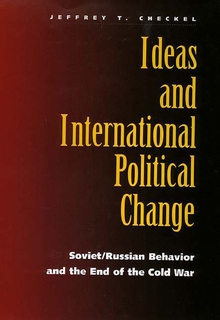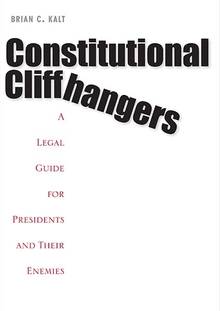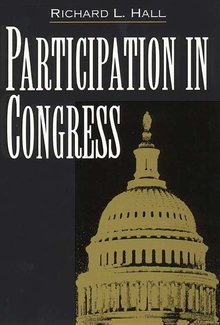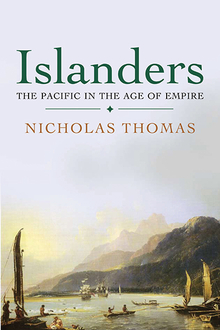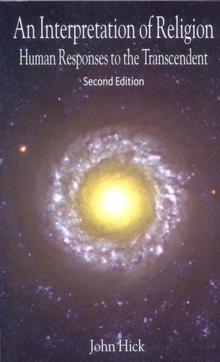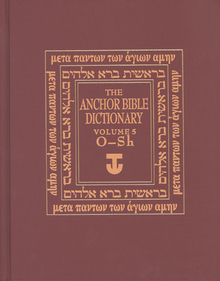Ideas and International Political Change
WARNING
You are viewing an older version of the Yalebooks website. Please visit out new website with more updated information and a better user experience: https://www.yalebooks.com
Soviet/Russian Behavior and the End of the Cold War
Jeffrey T. Checkel
International structure and domestic institutions account for variations from country to country in how ideas influence state policy, Checkel argues. While a changing international political environment creates opportunities for the carriers of new ideas, these entrepreneurs must operate within domestic institutional settings that sharply affect their ability to influence policy. In the late Soviet period, entrenched assumptions about international politics were close to breaking down, creating a rare opportunity for new thinking. Checkel draws on this analysis of policy change in Soviet Moscow at the end of the Cold War, as well as in post-Soviet Russia, to illuminate the role of ideas in international political change.
"The author richly paints the conceptual revolution over which Gorbachev presided."—Robert Levgold, Foreign Affairs
"This is a well-written and well-researched book, clearly intended for an academic audience or professionals in the field. The author presents an excellent overview of the efforts of two important think tanks, IMEMO and the Institute for the Study of USA and Canada (ISKAN), especially the former, to influence the course of Soviet/Russian foreign policy. The work is especially significant for understanding Soviet/Russian foreign policy in the transitional decade that began in 1985."—Norma C. Noonan, Perspectives on Political Science
"Checkel's book is a rich and useful supplement to the existing literature on the conceptual evolution in Soviet foreign policy."—Cynthia A. Roberts, Europe-Asia Studies
"As the debate over the great change in Soviet foreign policy continues, Checkel's book will be one of the standard texts. In addition, because of its theoretical focus, Ideas and International Political Change will be of interest to international-relations scholars in general, as well as those focusing on understanding the end of the Cold War."—Sarah E. Mendelson, Survival—The IISS Quarterly
"This is a very interesting and provocative new book that makes a significant contribution to understanding the origins of Gorbachev's New Thinking. It will be of interest to students of Soviet foreign policy and international relations."—Slavic Review
"Checkel has written one of the best monographs currently available of Soviet and Russian foreign policy at the end of the Cold War. . . . A meticulous, rigorous, and original account of this crucial moment in world politics. His analysis will interest not only scholars of Russian foreign policy but also students of international and comparative politics more generally."—James Richter, Russian Review
Publication Date: January 31, 1997

